I’ve read a lot of different books and articles about mastery and deep practice, from Malcolm Gladwell’s Outliers: The Story of Success to The Talent Code by Daniel Coyle.
Gladwell was the first author I heard talk about the idea that it takes at least 10,000 hours of practice to reach mastery. And Coyle was the first person I heard use the term “Deep Practice.”
French photographer Henri Cartier-Bresson, a master of candid photography, spoke of mastery and deep practice in his quote: “Your first 10,000 photographs are the worst.”
Cartier-Bresson was a film photographer—if I was to translate his “10,000 photographs” to the digital photography world it would more like 100,000 or even 1 million photographs. That’s a whole lot of photographs to achieve mastery (if you’re lucky)!
“Practice isn’t the thing you do once you’re good. It’s the thing you do that makes you good.”
― Malcolm Gladwell, Outliers: The Story of Success
I often think about developing mastery as a photographer but becoming a master of photography is not my goal.
So long as making photographs, learning about photography, and sharing photography bring me joy, it is my intention to keep growing and learning as a photographer. For me, making photographs is a passion that brings me endless joy and challenge.
Still, there is a part of me that wants recognition as a photographer. My ego wants my work to be seen in an art museum somewhere before I die. I think we all have that part of us that wants recognition and to be seen as special.
To the extent that I can, I acknowledge that part of myself and at the same time embrace a higher purpose of self-expression, presence, joy and passion. My purpose is not to become famous or special or thought of as a master. I don’t believe that having fame as a photographer or being seen as a master of photography will bring me joy. My purpose is to become more who I am, to say whatever it is I’m here to say through my work and to follow joy wherever it takes me.
I believe that passion and joy for photography (or whatever creative activity you love) is as essential as practice. If that spark of passion and joy was missing I wouldn’t care enough to do deep practice. I wouldn’t spend endless hours reading, going to workshops, making photographs, editing photographs, and doing online classes.
Almost all of my photography practice and study is play. I wonder, “What would happen if I …” and then I try it, or I find photographs that I admire and try to figure out what it is that I like about them, what I can use in my own work. I am endlessly exploring, pushing at the edge of my ability or a little beyond that edge to discover something new or express myself in a new way.
The element of play makes me want to come back again and again to practice something, try something, learn something.
“The truth is that creative activity is one that involves the entire self – our emotions, our levels of energy, our characters, and our minds.”
This week, as I’m finally regaining my energy after a long bout of sinus infection/tonsillitis, I began playing with a bunch of yellow tulips and a basil plant I bought at Trader Joe’s. I intend to use the basil in my cooking in the next few weeks and I am enjoying the beauty of a bright bouquet of tulips, but I am also playing with these objects of beauty and culinary delight.
As I don’t have all my energy back, I’ve kept my play simple. I’ve been hand-holding my camera (instead of using a tripod), setting up the flowers and basil plant on a buffet in our dining room. I don’t have any serious plans for the photographs I am making. I am just playing because it feels so good to be making photographs. I missed it so much while I was not feeling well.
I find the mid-morning light in the dining room wonderful. But late afternoon light also draws me in. Having the camera, props, and space set up in the midst of my living area, allows me to pick up the camera at a moment’s notice. Sometimes I think, “Oh, look at that light…” and pick up the camera for a quick couple of shots. Other times I am more intentional, reserving an hour in the early morning to make photographs.
This is definitely play, though there is also practice and learning going on. Even when I’m not making photographs, I am thinking about what is working with the setup, the flowers, and the light, what is not working, whether I might want to try a different lens, a different arrangement, perhaps add an extension tube to shoot closer shots, what kind of depth of field I want, how to get better light―the list of things to think about is never-ending.
Is your practice also play? If not, do you need to re-connect with what it is that brings you joy and bring that into your practice?
May you walk in beauty.
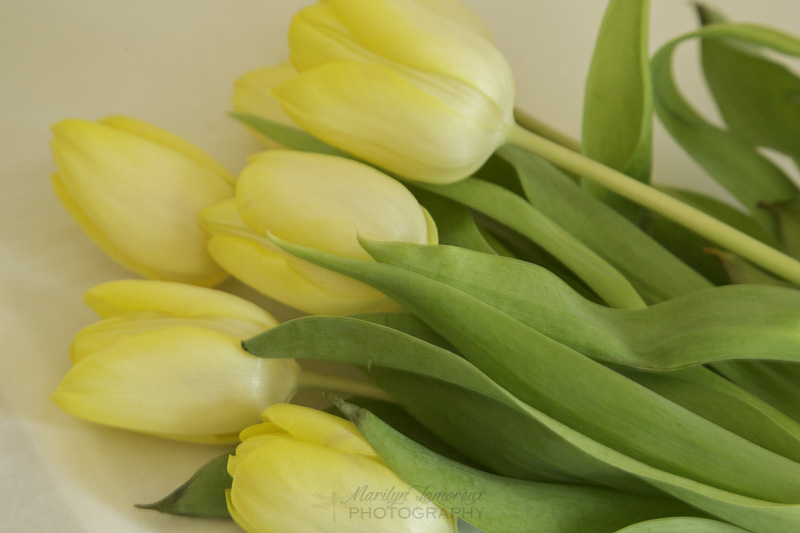
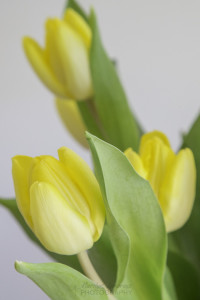
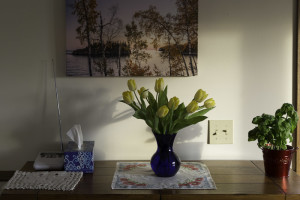
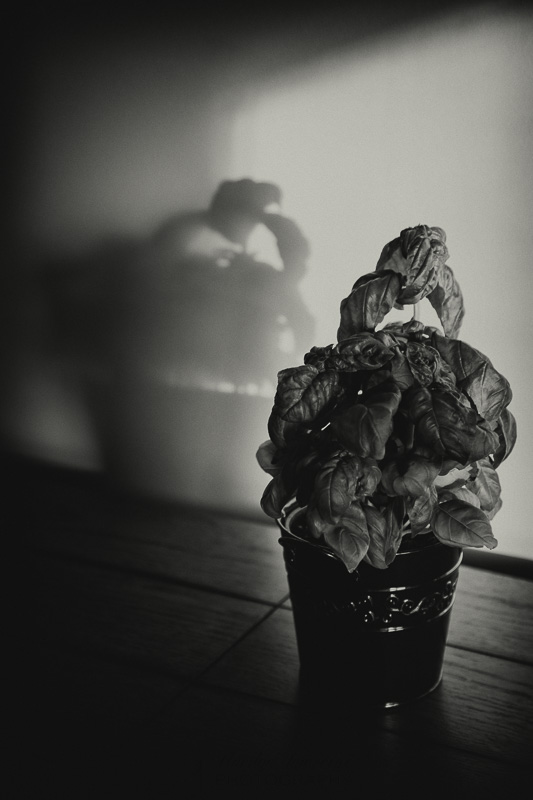
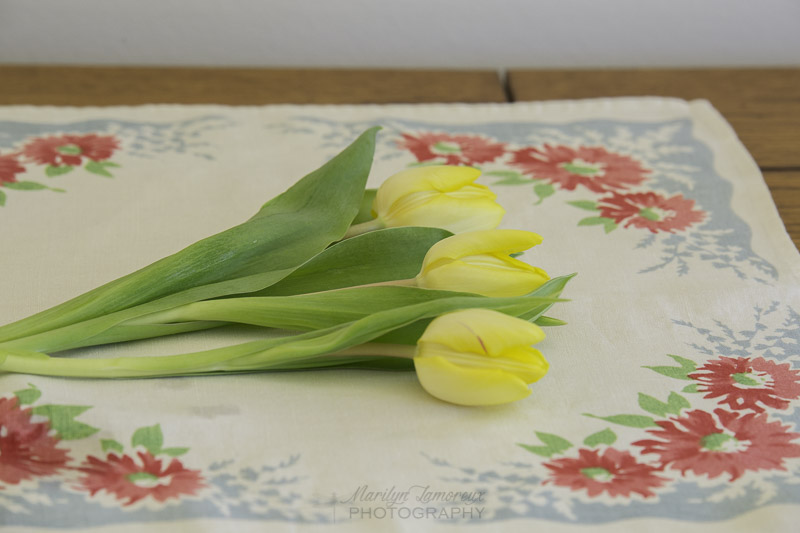
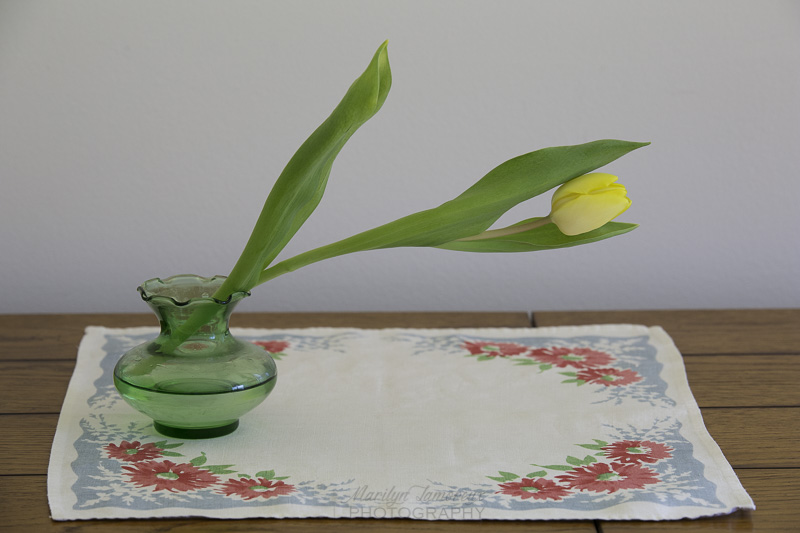
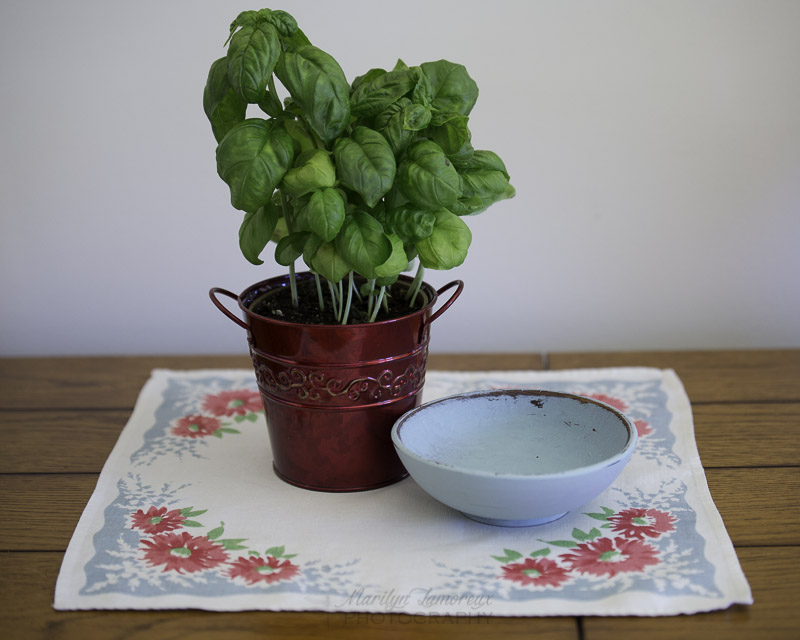
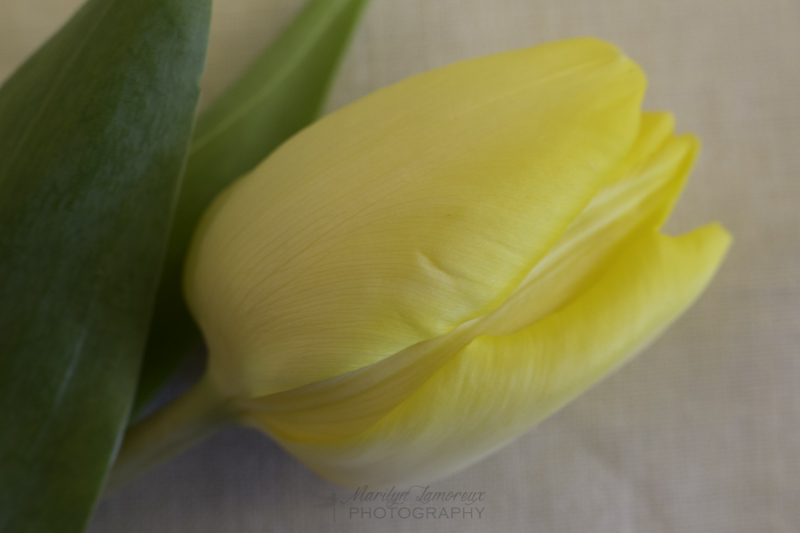
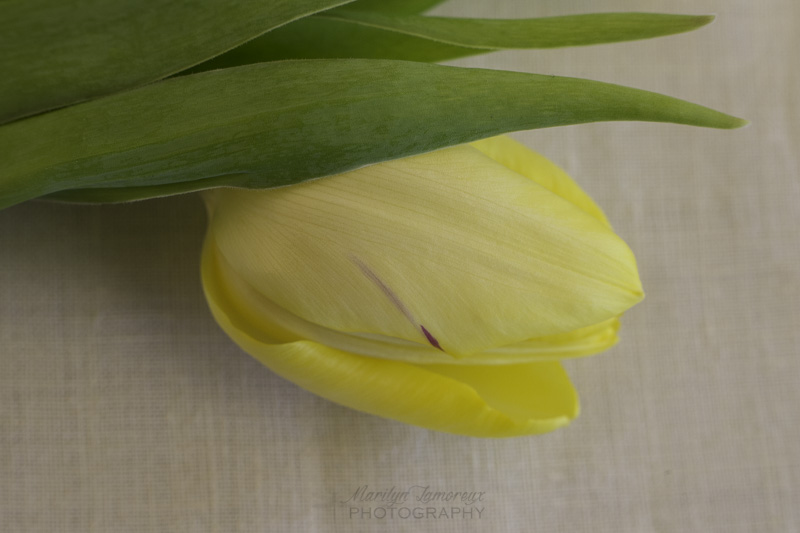
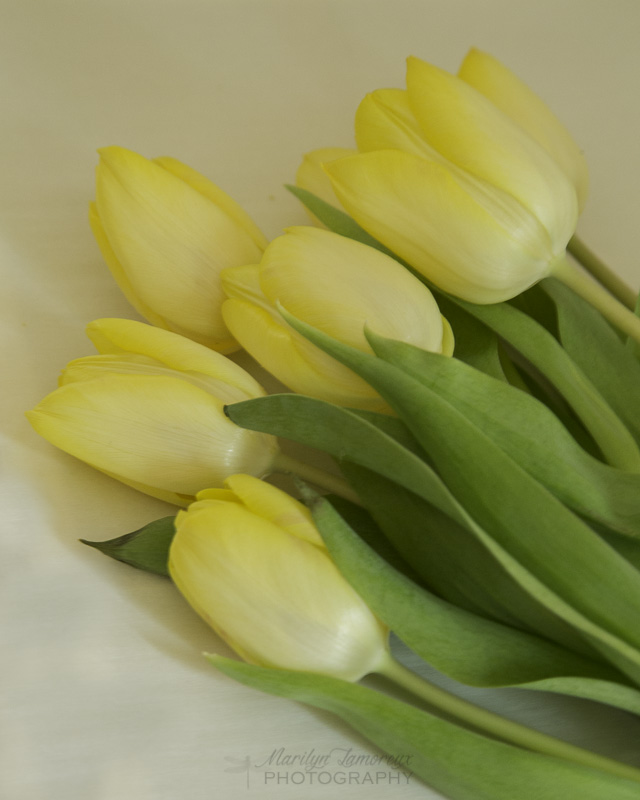
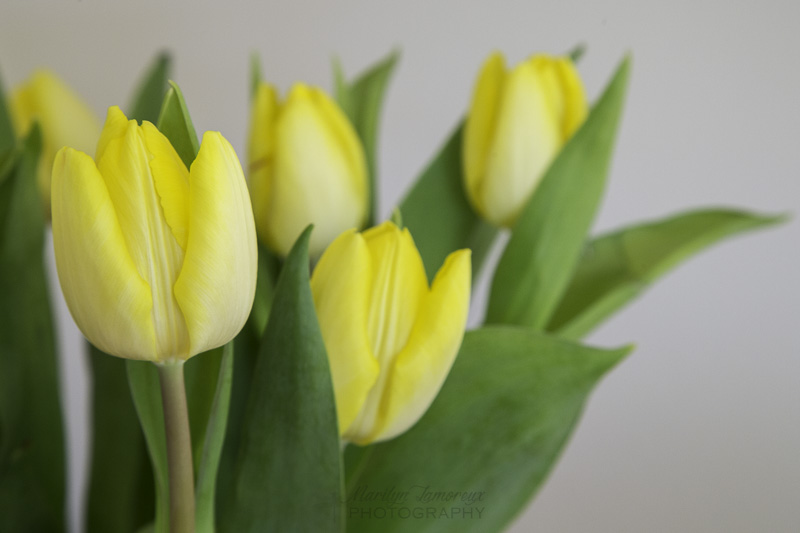
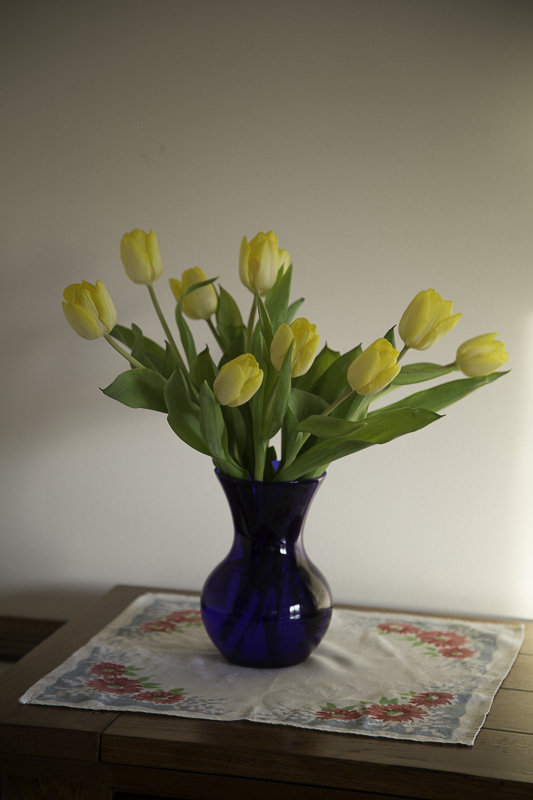
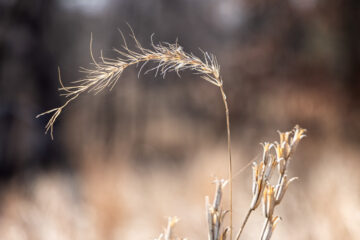
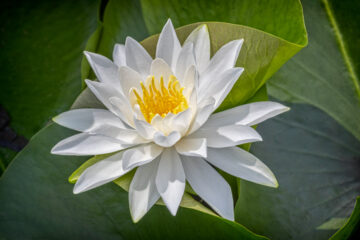
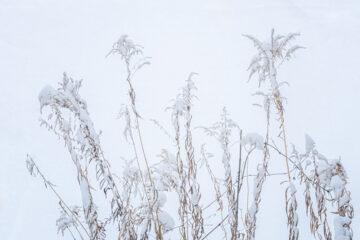
0 Comments